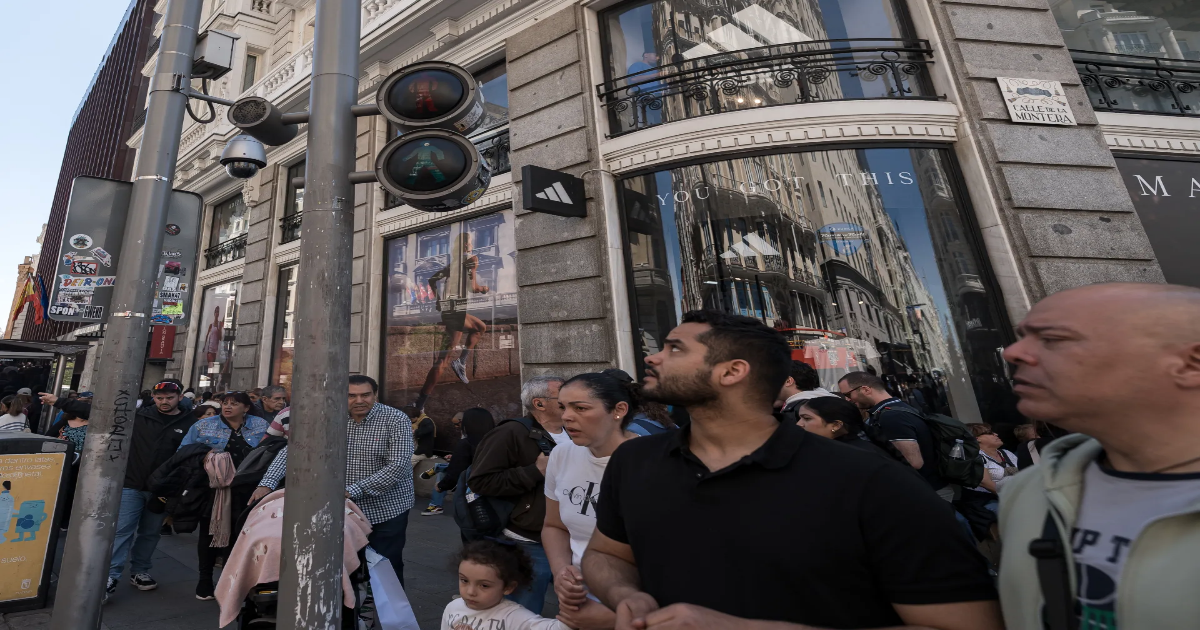Published On 30 Apr 202530 Apr 2025
Spain’s grid operator has denied that solar power was to blame for the country’s worst blackout, as Prime Minister Pedro Sanchez faces increasing pressure to explain what went wrong.
Red Electrica de Espana (REE) on Wednesday said the source of the outage had been narrowed down to two separate incidents of loss of generation in substations in southwestern Spain, but stressed that it was too early to draw conclusions, as it had yet to identify their exact location.
list of 3 items
list 1 of 3
list 2 of 3
list 3 of 3
end of listREE’s head, former Socialist minister Beatriz Corredor, told Cadena SER radio that it was wrong to blame the outage on Spain’s high share of renewable energy.
“These technologies are already stable, and they have systems that allow them to operate as a conventional generation system without any safety issues,” she said, adding she was not considering resigning.
Life across the Iberian Peninsula was returning to normal after a power outage halted trains, shut airports and trapped people in lifts in Spain and Portugal on Monday.
Just before the system crashed, Spain’s solar energy accounted for 53 percent of electricity production, wind for almost 11 percent and nuclear and gas for 15 percent, according to REE data.
Political opponents criticised Sanchez for taking too long to explain the blackout and suggested he was covering up for failings, after his left-wing coalition government invested in expanding the renewable energy sector.
“Since REE has ruled out the possibility of a cyberattack, we can only point to the malfunctioning of REE, which has state investment and therefore its leaders are appointed by the government,” Miguel Tellado, a parliamentary spokesperson for the opposition conservative People’s Party, said in an interview on RTVE.
Tellado called for an independent investigation to be conducted by Spain’s parliament rather than the government probe Sanchez has announced. The prime minister has not ruled out a cyberattack, although this has been dismissed by REE.
Antonio Turiel, an energy expert at the state-owned Spanish National Research Council, told Onda Vasca radio station on Tuesday that the fundamental problem was the grid’s instability.
“A lot of renewable energy has been integrated without the responsive stabilisation systems that should have been in place,” he said, adding that vulnerabilities stemmed from “the unplanned and haphazard integration of a host of renewable systems”.
The government had forecast private and public investment of some 52 billion euros ($59bn) through 2030 to upgrade the power grid so it can handle the surge in demand from data centres and electric vehicles.
Source: Al Jazeera and news agencies
